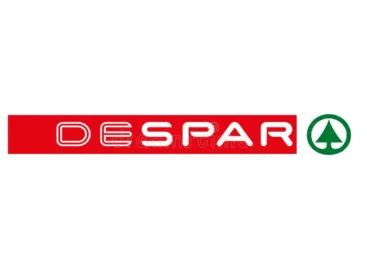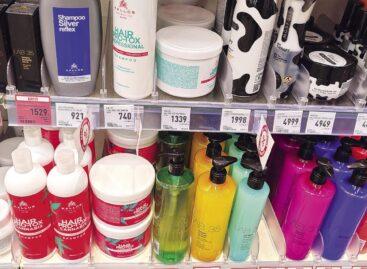NIQ lessons from the world of modern retail trade
This article is available for reading in Trade magazin 2024/12-2025/01

Erik Vágyi
managing director
NIQ
According to Erik Vágyi, managing director of NielsenIQ 2023 was the year of survival in the FMCG sector, paired with a cost of living crisis. In 2024 the global economy seems to be slowly stabilising, with a small positive influence on the retail sector.
Consumer confidence is improving
A recovery in consumption is already visible in 41 out of 61 countries, with two-thirds of countries entering a volume growth phase. In contrast to Europe, Hungary was still the odd one out at the beginning of the year, with retail sales figures for the period July 2023 – June 2024 still showing a 1.7% decline in volume.
The good news is that after a period of volume sales drop up to 10%, the last few months have been less tragic, with the latest quarters showing volumes of 0% or plus 0.2%. Consumer optimism seems to be improving month by month, and Hungary has finally returned to the pre-inflation confidence level of 83 points.
When consumer confidence strengthens, it is reflected in consumption after 6-12 months. Although we aren’t consuming more for the time being, Hungarians are more open to visiting new shops, with 20-27% eager to discover new stores.
Innovation is the key to growth
The first “lesson” is that innovation can be a potential source of growth. According to a recent study from the US, manufacturers whose cycles emphasise innovation are twice as likely to grow than those that don’t. However, the sad reality is that one in four new product launches has a negative impact on overall brand sales. If innovation is well-founded and the implementation is good, the result can be a great success.
“Another example from the US shows that in beauty care innovative products account for half of total volume sales after a 3-4 year cycle”,
explains Erik Vágyi.
It is important to stress that it isn’t only premium brands that can innovate. Speciality products such as organic, organic, plant-based, lactose- and gluten-free foods have produced above-average growth recently. While the overall market is at minus 1.7% in volume, there has been an outstanding growth in the speciality categories, for instance demand for plant-based products has surged by 11%.
We are price-sensitive and addicted to promotions
Hypermarkets – losing market share to other channels in the long term – still continue to be over-represented in the Christmas season, due to their wider product range. 71% of Hungarian shoppers know the price of the products they purchase and notice when it changes – pricing is a priority for them. The share of promotions has increased since last year and is at 41%. Consumers are using loyalty cards more consciously than before, and these cards are particularly popular because they offer price discounts.
In Hungary, this is the main incentive for using loyalty cards. More and more retailers are using creative and unique solutions when it comes to loyalty schemes. Examples include Auchan’s Shoppers Night event and Tesco’s Pensioners Tuesday campaign. These innovative initiatives illustrate how loyalty programmes can become more flexible and attractive to different customer groups. //
Related news
Despar Italia realises EUR 1.1bn private label sales in 2025
🎧 Hallgasd a cikket: Lejátszás Szünet Folytatás Leállítás Nyelv: Auto…
Read more >Related news
Festival buzz at the 60th anniversary EuroShop trade fair
🎧 Hallgasd a cikket: Lejátszás Szünet Folytatás Leállítás Nyelv: Auto…
Read more >Historic price reduction at ALDI
🎧 Hallgasd a cikket: Lejátszás Szünet Folytatás Leállítás Nyelv: Auto…
Read more >








